Bureaucracies’ shortcomings are well-known, and everybody who ever hung out at a water cooler has a story about corporate stupidity. So why do people keep grouping together in large structures? To find out why and when organizations work, professor of social enterprise Ray Fisman and economics editor Tim Sullivan examine organizations, including police departments, churches and online companies. They integrate their sometimes meandering observations with history, economic theory and more than a trace of wit. Those who want to know how businesses function will find this look at human psychology and organizational culture intriguing and engaging.
Work, Life and “the Org”
Americans now spend more than one-third of their days working, and this trend is spreading: Around the world, more people are devoting more time to their jobs. The work environment permeates modern life, and yet people mock it. If you ask most employees for a story about their company’s stupidity, you’d get not just one example but a flood of them. People expect businesses, or any large organizations, to be dull and inane. But if that’s the case, why do people organize themselves into formal structures at all? What’s the point and what’s the benefit?
Economists who study corporations see a complex array of trade-offs. Grouping people together into organizations lets them accomplish feats individuals would never be able to do on their own. Consider master artisans. When they work alone, they have complete control over their work. They never compromise on quality, and they can pursue their artistic visions to their own satisfaction. That sounds ideal, but there’s a catch: Artists working in isolation soon reach a maximum rate of production. If the market demands more of their art than they can produce, that’s just too bad. And rarely is the same...











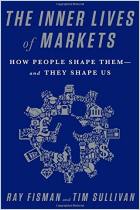

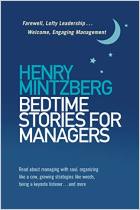
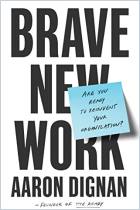

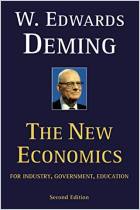
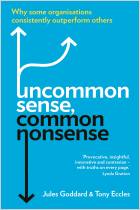

Comment on this summary or Diskussion beginnen